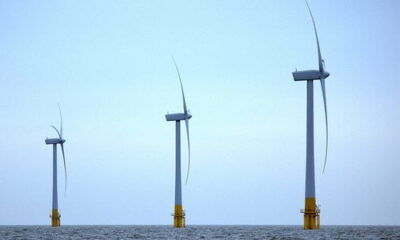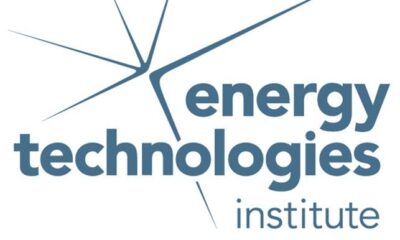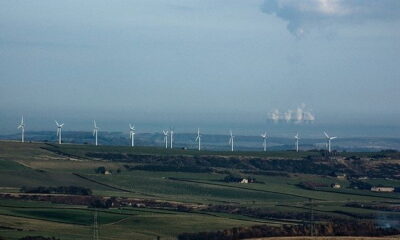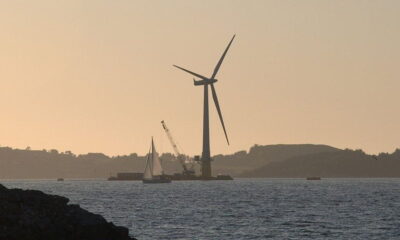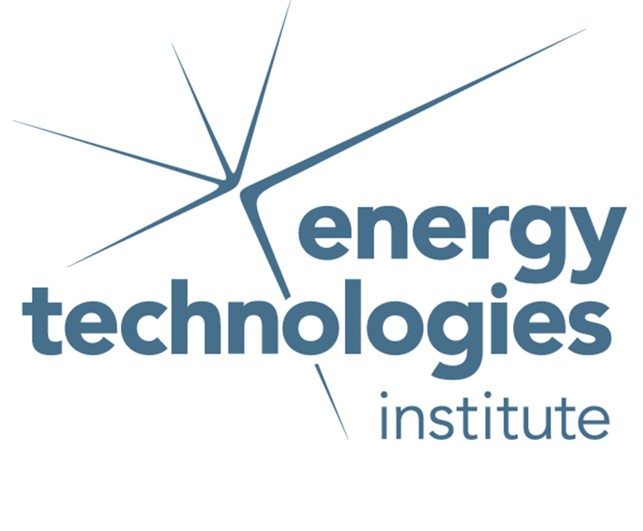
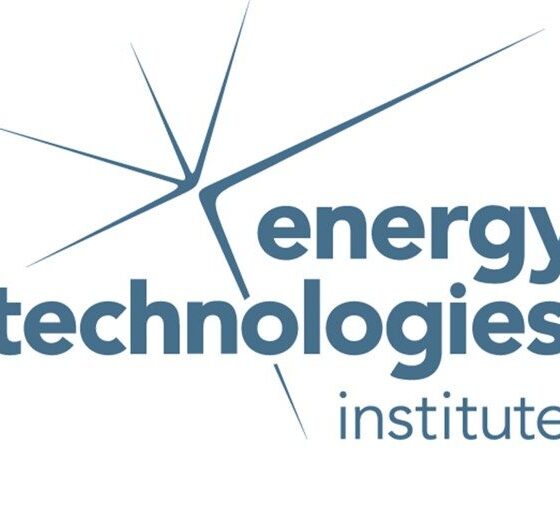
Energy
ETI: World Energy Council Energy Trilemma Index highlight the importance of decisions taken over next 10 years
A report by the World Energy Council which benchmarks the sustainability of national energy systems highlights the importance of decisions taken now and over the next decade if the UK is to have an affordable, low carbon energy system by 2050, according to the Energy Technologies Institute (ETI).
The Energy Trilemma Index 2015 show that the best-performing nations tend to be developed countries with higher shares of energy coming from low or zero-carbon energy sources supported by well-established energy efficiency programmes.
The ETI believes critical decisions must be made about the design of the UK future energy system by 2025 and planning based on robust evidence started now to avoid wasting investment and ensure the 2050 targets remain achievable.
Now in its fifth edition, the World Energy Council’s annual ranking of energy and climate policies registers overall improvements across the three dimensions of the energy trilemma – security, sustainability and affordability.
However, this year’s report shows that the challenges faced by countries to develop a balanced approach to their energy policy mean that only two countries out of 130 are achieving the highest ‘AAA’ balance score.
Switzerland and Sweden, who top the list, achieve the triple ‘A’ score, and while the UK remains in the top ten, it loses its ‘A’ grading for energy equity, moving it from a ‘AAA’’ to ‘AAB’ status. It is a downgrade that reflects the challenges that countries across the world are facing in balancing the trade-offs of the trilemma goals and dealing with financing the transformation of their energy systems.
ETI Chief Executive Dr David Clarke said: “The report highlights the challenges faced by countries wanting to develop an affordable, secure and sustainable energy system.
“It says the UK’s rating was downgraded partly due to uncertainty over government policy and partly as a result of the costs involved with moving to a low carbon energy system.
“They are not saying the UK should stop decarbonising its electricity system, but that the way it is done has an effect on costs.
“This reflects the ETI’s evidence which shows that the UK can implement an affordable transition to a low carbon energy system by 2050 but effective planning, preparation and demonstration needs to start now and decisions taken in the next decade will be critical.
“There is not one single technology answer but we need to develop, demonstrate and prove capability across a complementary basket of technologies, including replacing the UK’s nuclear power stations, energy efficiency measures and generating energy from waste.
“The biggest game changers from a cost perspective are carbon capture and storage (CCS) and bioenergy so certainty of policy will be critical to encourage necessary investments.”
The ETI published an Insights Report into the targets, technologies, infrastructure and investments needed to ensure a smooth and affordable low carbon transition out to 2050 earlier this year, which can be found at can be found at here. The World Energy Council 2015 Energy Trilemma Index report can be found here.


 Features9 months ago
Features9 months agoWhat is the Eco-Friendliest Option to Wash Your Dishes?

 Environment12 months ago
Environment12 months agoBuilding a Career in Green Construction: Tips and Insights

 News10 months ago
News10 months ago5 Ways Fleet Maintenance Software Can Help Businesses Be More Eco-Friendly

 Features10 months ago
Features10 months agoAddressing Pressing Ethical Concerns with Crypto Exchanges


